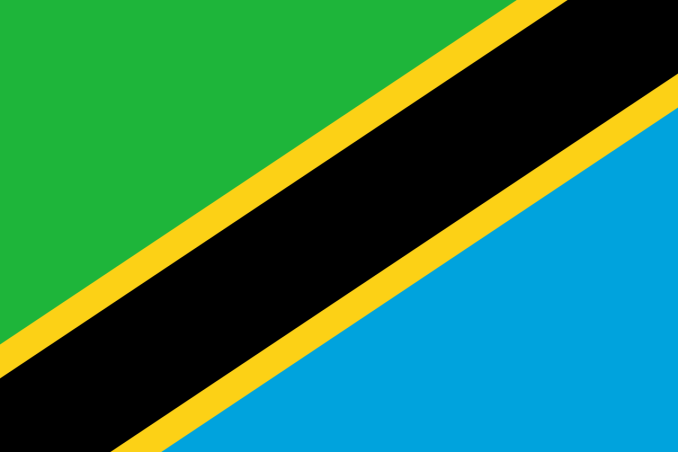TANZANIA:Experts fault new taxes on mobile money transfer, DSE

THE new proposed taxes on banks and capital markets products are expected to cause a negative impact to both sectors and dwarfing their growth.
The government wants to introduce VAT, 18 per cent, to banks’ fees and commissions, also 10 per cent for fees and commissions and 10 per cent excise duty for sending and withdrawing money through mobile phone money transfer that affects banks as well.
Gurus on financial markets, on the other hand, are arguing that the move will be counterproductive in the banking sector financial inclusion efforts which for the banks stand around 16 per cent.
At the same time, new tax measures on profits from sales of shares and bonds on the nascent Dar es Salaam Stock Exchange (DSE) is expected to dissuade investors.
The bourse has some 200,000 participants who are zero taxed on their share transactions. Dhow Financial Chief Executive Officer, Prof Mohamed Warsame said the introduction of new taxes on banking sector would impede financial inclusion efforts.
“The timing is not right (give the fact that) there a lot of unbanked population, banks need to anchor them,” Prof Warsame said adding, “costs will go up hence impact negatively on the financial inclusion.”
He said the 10 per cent duty on mobile money transaction on either ways has many negative implication for rural dwellers who mainly perform small transactions. “This will reduce the amount of money transacted as the sender pays 10 per cent and the receiver same 10 per cent — the impact will be seen more on small transactions,” Prof Warsame said. The mobile money transfer has spiral effect.
It touches also bank through Simbanking and on buying and selling shares at the bourse. On DSE capital gain tax, he said the bourse will suffer most. He gave the example of Kenya that had introduced similar taxes to the Nairobi Security Exchange (NSE) and failed after the exchange slumped.
“It’s too early to introduce such a tax to the bourse giving its liquidity position and market capitalization. This is a small exchange,” Prof Warsame said.
“After all how much will the government get out of capital gain tax on the exchange… (it is) very little. It is better to wait until (the bourse) activities deepen.”
Zan Securities CEO, Raphael Masumbuko, said the proposed capital gain tax is a big setback for the bourse that currently struggles to educate and raise awareness of society on importance of investing on shares. “This (if it comes into being) is a big setback.
The reason the government waived the same at first place still holds… we still need some time before introducing such taxes,” Mr Masumbuko said. He said at the moment the share and bond participants are around 200,000 compared to the population which is very small in number. “At least let players reach one million, which is still a small number, and introduce the taxes,” he suggested.
If approved the new tax measure on DSE capital gain will also lower government revenue as business will decline at the bourse, he argued. The capital gain tax changed for foreign investors is 20 per cent while for domestic investors is 10 per cent.
This, according to experts, will discourage investors who may opt for other bourses in the region. The zero capital gain tax was introduced as incentive for wooing more players on the bourse as opposed to 10 per cent for unlisted companies.
The move was proposed at the time DSE was in a middle of self-listing after offering to market 15 million shares at 500/- each to raise 7.5bn/-. The IPO had 5.0 per cent green shoe.
Players said they were concerned that if the tax proposal sailed through in Parliament it would negatively impact on the DSE ambition to self-list. Kenya scraped the same capital gain tax three months after starting to implement the law in November 2015 to win back investors who started to flee to other exchanges in the region.
SOURCE:DAILYNEWS
 Africas leading resource for digital financial services
Africas leading resource for digital financial services


comments